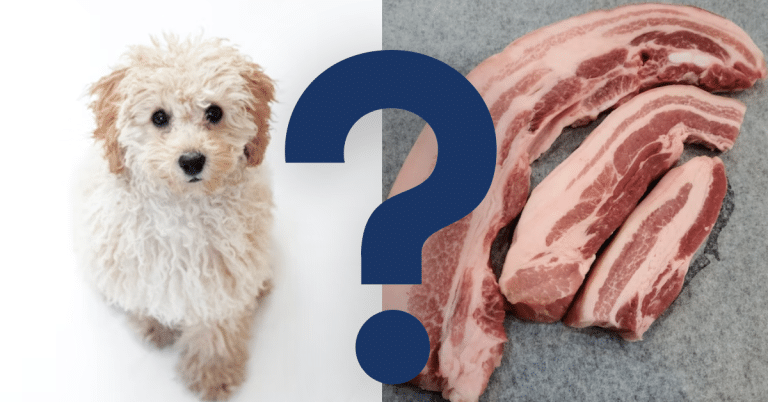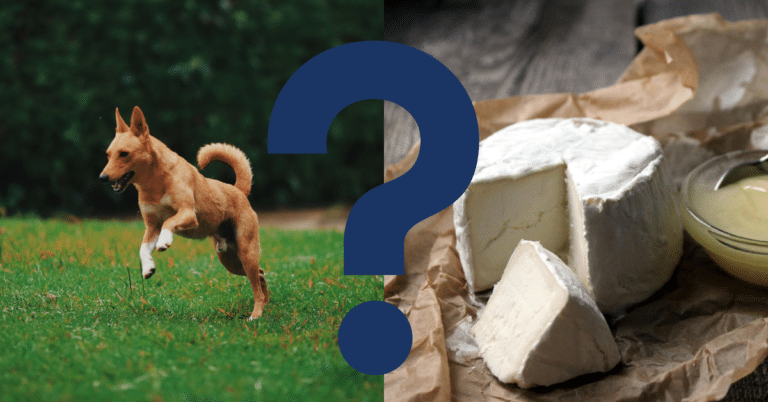Can dogs eat ants? A Vet’s Opinion

Ants are not toxic for dogs but can dogs eat ants.
Although they may do so out of curiosity, ants are often safe for dogs to consume in moderation. Most ants are not harmful to dogs, and consuming a small number won’t likely result in any serious health problems. It’s a good idea to get advice from your veterinarian if your dog has consumed a significant number of ants or if you detect any indications of pain, discomfort, vomiting, diarrhea, or odd behavior.
Let’s dive in:
Benefits Of Ants For Dogs
Dogs do not eat ants as their main source of food, however, there may be some advantages for dogs from interacting with ants:
- Dogs’ mental activity can be increased by watching and occasionally engaging with ants. Their minds can be enriched by their natural curiosity and desire to explore their surroundings.
- Ants may be a low-calorie and interesting food for dogs when consumed in very little amounts. Dogs who like to explore various odors and textures may find this particularly intriguing.
- Natural Drives: Dogs have a strong drive to pursue and hunt tiny, moving prey. These tendencies can be sparked by ants, which gives dogs a reason to get playful.
The advantages of ants for dogs are primarily anecdotal, and the risks and disadvantages that can still exist should be kept in mind. The possible hazards of consuming ants, especially in bigger amounts, exceed any potential advantages.
There are better solutions available if you want to provide your dog with cerebral stimulation, novelty, and secure natural connections. Without the possible hazards connected with swallowing ants, puzzle toys, interactive activities, safe outdoor adventures, and correct training are all good methods to keep your dog interested and cognitively busy. When thinking about how your dog may interact with various aspects of their surroundings, always put their safety and wellbeing first.

How To Safely Give Ants To Dogs
Although ants are not often found in a dog’s diet and shouldn’t be regarded as a regular food source, there are several safety measures you can take if you want to sometimes give your dog ants as an enrichment activity:
- Make sure you are knowledgeable about the species of ants present in your region and can recognize any that are non-toxic. Don’t give your dog any ants, especially dangerous ones like fire ants.
- Offer just a handful of ants at a time, in very small quantities. This reduces the possibility of any negative effects.
- No Pesticides: Check to be sure the ants were not gathered from a location that has been treated with pesticides or other substances that could be dangerous for your dog.
- Observation: Keep an eye on your dog as they play with the ants. This enables you to keep aeye on their behaviors and intervene if you see any indications of pain or negative responses.
- Health Considerations: Before adding ants or any other new food to your dog’s diet, consider your pet’s general health as well as any allergies or sensitivities they may already have.
- Exploration In The Outdoors: If you’re supplying ants from an outside setting, check sure the area is clear of potential threats such as sharp items, toxic plants, and other potential hazards.
- Wash And Check: Rinse the ants thoroughly in clean water to get rid of any dirt or debris before giving them to your dog. This action can reduce the possibility that your dog will consume dangerous chemicals.
- Consult Your Veterinarian: It’s a good idea to speak with your veterinarian before introducing ants or any other novel foods to your dog’s diet. Based on the health requirements and conditions of your dog, they may offer tailored recommendations.
Do not forget that adding unfamiliar items to your dog’s diet still has some amount of danger, even when you take all necessary measures. At all times, it’s critical to put their security and welfare first. There are a variety of different risk-free and fun things you may investigate if you want to make your dog’s life more enjoyable, including interactive toys, training drills, and secure outdoor experiences.
Will Ants Make A Dog Sick?
A dog won’t become sick from a few ants. When consumed in tiny amounts, most ant species are not poisonous to dogs. However, there are a few things to consider:
Species Of Ants
Some ant species, such as fire ants, have painful bites or stings that might be uncomfortable or irritable if consumed. Other species may contain defense compounds that might mildly disturb digestion.
Watch For Allergies
Like people, certain dogs may experience allergic or sensitive reactions to bug bites or stings, including those from ants. In these situations, even a minor ant exposure has the potential to cause an allergic response.
Quantity
Consuming a lot of ants might cause digestive problems, such as vomiting or diarrhea. This is more likely to happen if your dog eats many ants.
Pesticides Or Toxins
There is a chance that your dog might be exposed to dangerous chemicals if the ants have met pesticides or other toxins, either directly or through the environment they were gathered from.
It is advised to get advice from your veterinarian if your dog has consumed a sizable number of ants or is displaying any indications of pain, discomfort, vomiting, diarrhea, or odd behavior. Most of the time, a healthy dog is unlikely to suffer serious injury from accidentally swallowing a small number of ants. But if your dog has ever interacted with ants or other insects, it’s best to be careful and watch their behavior closely.

A Vet’s Summary
In general, veterinarians advise against purposefully feeding ants or any other insects to dogs as food. Even while certain ants are non-toxic and would not be harmful in tiny amounts, feeding insects to dogs comes with possible hazards and unknowns. Vets may advise against feeding ants to dogs for the following reasons:
- Dogs can develop allergies to certain insects, just like people can. Some dogs may experience allergic responses after being exposed to ants, resulting in symptoms including itching, swelling, or respiratory difficulty.
- Variability within Species: It can be challenging to precisely identify and distinguish between different ant species. Some species may be hazardous to dogs if consumed.
- Ants, especially the bigger ones, can be a choking threat if they are not completely eaten before ingesting.
- Ingesting even non-toxic ants in higher amounts can induce a minor digestive disturbance in dogs, which might result in vomiting, diarrhea, or stomach pain.
- Ants that were gathered from the environment may have been exposed to pesticides or other dangerous things that your dog might consume.
- Ants don’t provide dogs with a balanced diet of nutrients. Dogs need a balanced diet with the right nutrients in the right amounts. An invasion of ants or other insects might disturb this equilibrium.
- Alternative Enrichment Activities: Interactive toys, training drills, and secure outdoor activities are just a few safer and more efficient methods to stimulate and expand the minds of dogs.
Probiotics, which are living bacteria that provide health advantages when ingested in sufficient quantities, are beneficial for dogs. Probiotics are frequently thought to improve gut health by preserving a balanced population of good bacteria in the digestive tract.
It is advised to speak with your veterinarian before including ants or any other unusual food in your dog’s diet. They can offer individualized guidance based on the health condition, nutritional requirements, and possible dangers of introducing new foods to your dog. When choosing their meals and enrichment activities, always put your dog’s health and well-being first.
Videos To Watch
If you are wondering whether dogs can ants, watch this:
If you are wondering whether ants are safe for dogs, watch this:






